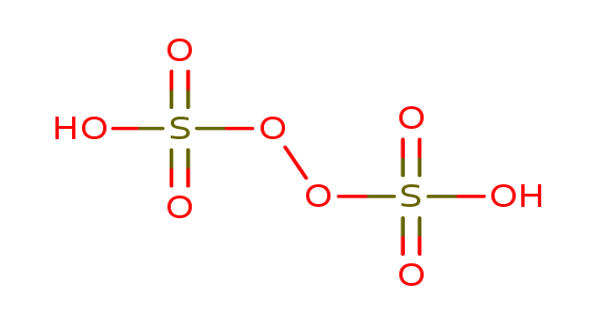When UIPath filed for the S-1 last week, it was a waterfall moment for the robotic process automation (RPA) market. The company, which first appeared on our radar for the $30 million series in 2017, has so far raised a staggering $2 billion in the private sector.
n In February, it was valued at $35 billion when it raised $750 million in the last round. RPAs and process automation come to the fore during epidemics as companies take steps to digitally transform. When employees could not stay together in the same office, it became very important to tie together more automated workflows that required fewer people in the loop.
When UIPath raised money in 2017, it was already several years ago, but RPA was not very well known in enterprise software circles. The department gained popularity at the time because it addressed automation in the form of inheritance.
This means that companies with deep legacy technology – not almost everyone is born in the cloud – can run automatically without tearing down and replacing old platforms, a costly and risky venture that most CEOs do not take. RPA has enabled executives to provide a level of workflow automation, which is a taste of modernity.
It basically buys their time to update systems with more modern methods while minimizing a lot of mundane manual tasks as part of the workflow of each industry. Some people see RPA as job-elimination software; it also provides a way to free people from some of the company’s depressing and mundane tasks.
The argument is that this releases employees for higher level work. For example, RPAs can take advantage of older workflow technologies such as OCR (Optical Character Recognition) to read a number from a form, enter data into a spreadsheet, create an invoice, send it for printing and mailing, and generate a slack message to the accounting department. That work has been done.
We’re going to take a deeper dive into the RPA and larger process automation space – explore the size and dynamics of the market, look at key players and the largest investors, and finally, try to figure out where this market might go in the future. According to IDC, UIPath is clearly an RPA star with a significant market share lead of 27.1% According to IDC’s July 2020 report, Automation is in second place with 19.4% and Blue Prism is in third place with 10.3%, the firm last reported in the market.
















